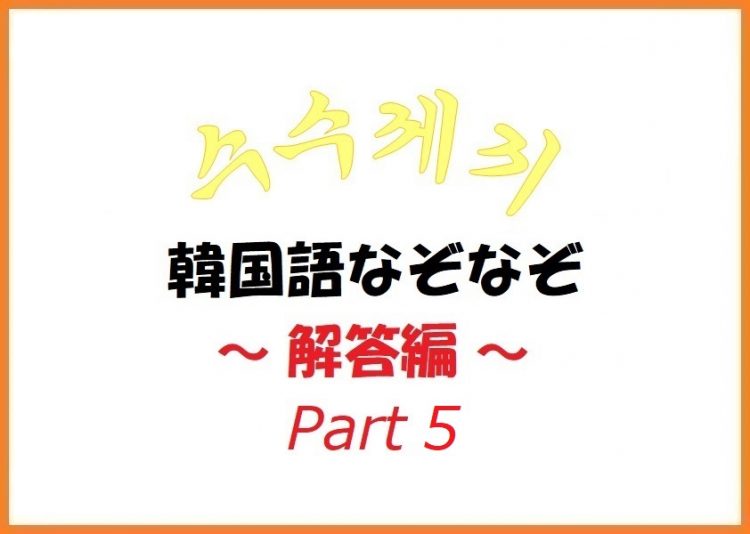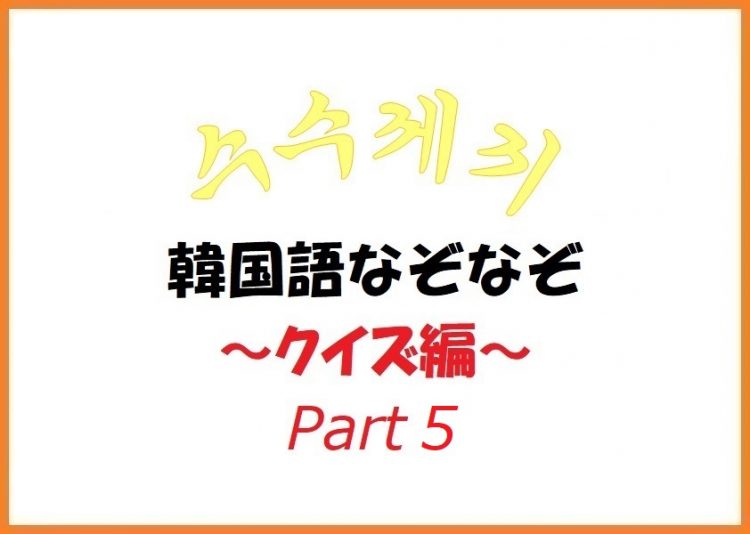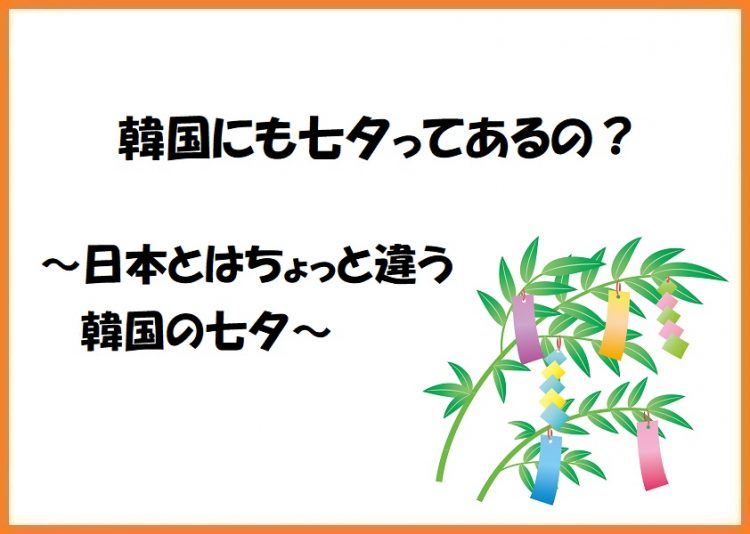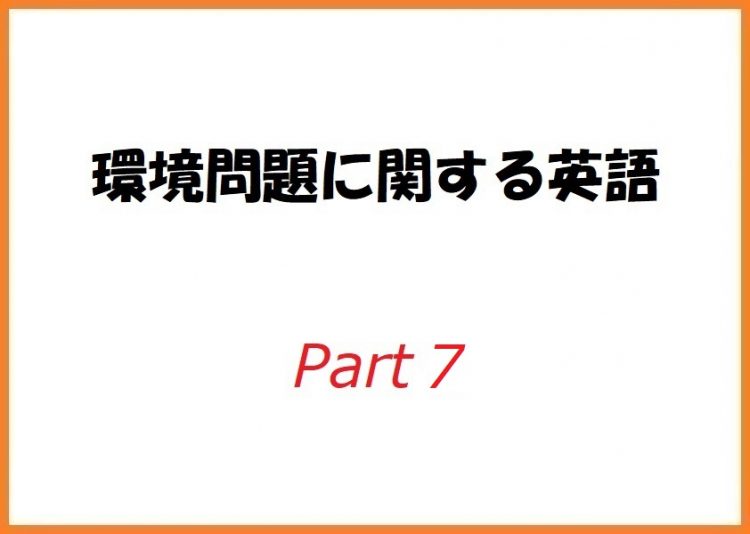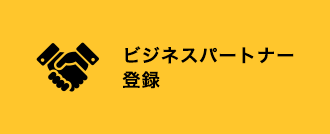Business Trip to Beijing Checking the translation of movie titles you watched on the plane

In early June, I had a business trip to China and flew from Haneda to Beijing. Since it was a four-hour flight, I decided to enjoy the in-flight entertainment and watched "택시운전사 Taxi Driver: A Promise Across the Sea. The introduction in the in-flight magazine said, "Based on the Gwangju Incident in 1980 during martial law, in which citizens who rose up for democracy were suppressed, this film was the No. 1 box-office hit in South Korea in 2017." It is stated. Although I had seen and heard a little about Korea under martial law at the time, I had never read a book or seen a film based on it. Nevertheless, I visited Korea for the first time in the early 1970s and spent a summer in Seoul in the early 1990s when the student movement was in full swing, so I have a certain desire to know about Korea.
I will leave the synopsis and critique of the film to the experts, and perhaps there is no way to know now whether the last scene is true to the facts or historical facts. But regardless of that, the film itself was worth viewing. However, if the facts were the opposite of the last scene, and if the scene had been substituted by the barely surviving documentary footage, it would have been a heartwarming finale.
Because of my profession, I am curious about the translation of the title, so I will share it with you.
While the Japanese title has the dramatic subtitle "A Taxi Driver, A Promise Across the Sea,"
the English is "A Taxi Driver"
the simplified Chinese is "Car Tax Machines" (meaning cab driver)
the traditional Chinese is uniformly simple " I am only a scheduler" (meaning I am just a cab driver)
However, I feel that the titles in traditional Chinese may be the most accurate in expressing the feelings and actions of the main characters without the use of subtitles.
Reference sites
https://www.jal.co.jp/inter/service/entertainment/jal_mooove/1806/html5.html#page=25





